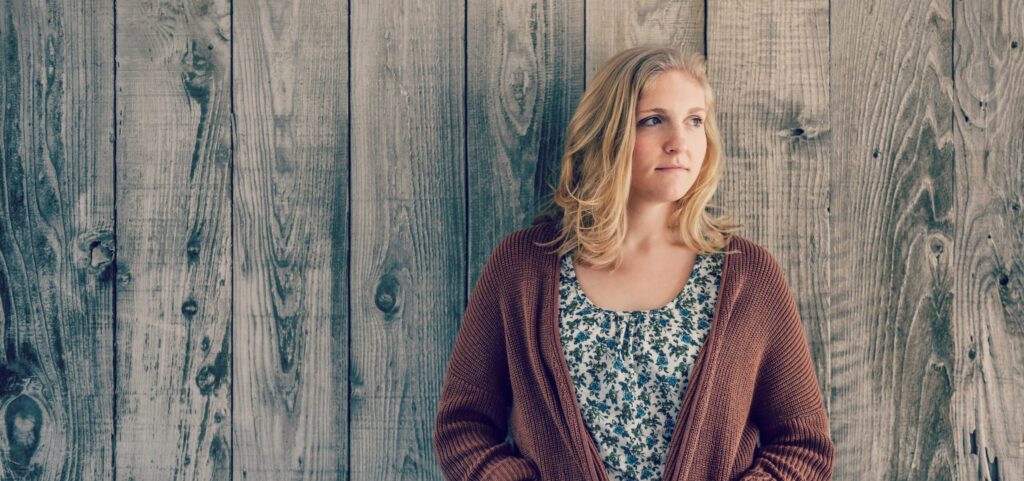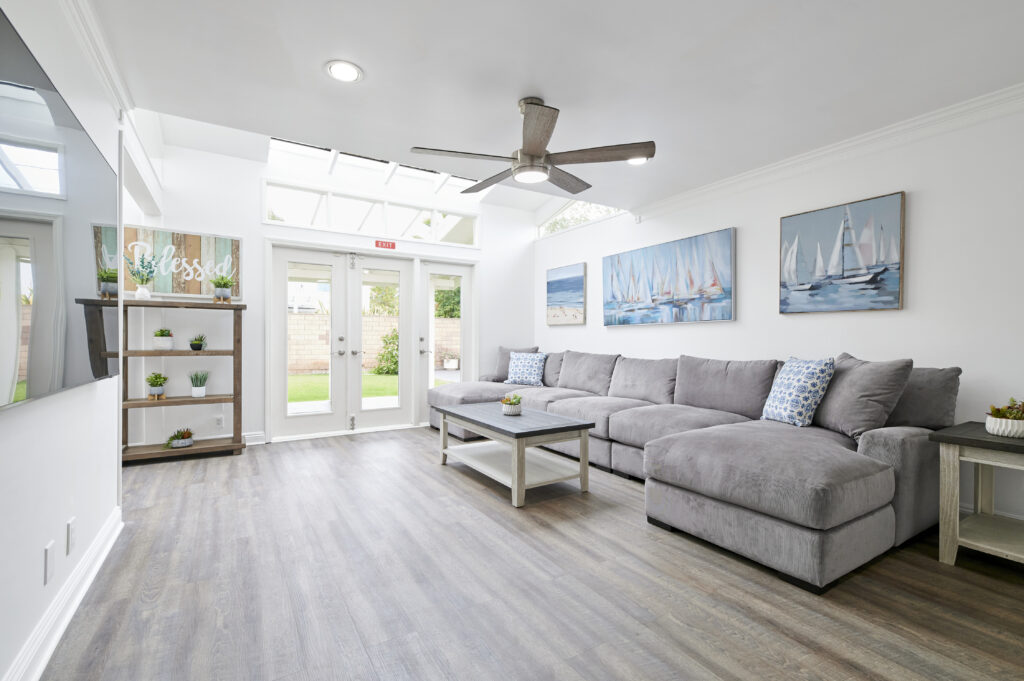This blog provides answers to all of your benzodiazepine FAQs, including what are they, how are they used, and how to get help for benzo addiction.
Benzodiazepines (benzos) are medications that reduce activity in the CNS (central nervous system). The decrease in nervous system activity makes these medications helpful for a variety of symptoms and conditions.
The DEA (United States Drug Enforcement Administration) classifies benzos as Schedule IV controlled substances. Drugs in this classification are only available with a prescription. Benzodiazepines are controlled because they can trigger dangerous effects, especially when misused. Benzos can also be habit-forming. Because of these factors, healthcare providers use benzodiazepines cautiously. Read on for answers to all your benzodiazepine FAQs.
What are benzodiazepines?
These are the benzodiazepines most commonly prescribed by U.S. physicians:
- Xanax (alprazolam): For treating panic disorder, anxiety disorder, and premenstrual dysphoric disorder.
- Librium (chlordiazepoxide): For treating anxiety disorders and alcohol withdrawal.
- Klonopin (clonazepam): For treating anxiety, agitation, and seizures.
- Valium (diazepam): For treating muscle spasms, seizures, and alcohol withdrawal.
- Ativan (lorazepam): For treating anxiety, seizures, and phobias.
- Restoril (temazepam): For treating insomnia.
- Halcion (triazolam): For treating insomnia.

What are benzodiazepines used for?
Benzodiazepines serve various therapeutic purposes and are commonly prescribed for:
- Anxiety disorders: Benzodiazepines are effective in providing short-term relief for symptoms of generalized anxiety disorder, panic disorder, and social anxiety disorder.
- Insomnia: Some benzodiazepines, such as Ativan and Restoril, may be prescribed for short-term treatment of insomnia due to their sedative effects.
- Seizures: Benzodiazepines can help manage certain types of seizures by calming excessive electrical activity in the brain.
- Muscle spasms: Conditions causing muscle spasms or stiffness, such as spasticity associated with neurological disorders, may be treated with benzodiazepines.
- Alcohol withdrawal: Benzodiazepines can be used to alleviate symptoms of alcohol withdrawal, preventing complications such as seizures.
What do benzodiazepines do?
Benzodiazepines exert their effects by enhancing the activity of a neurotransmitter called GABA (gamma-aminobutyric acid) in the brain. GABA is an inhibitory neurotransmitter that reduces nerve activity, leading to a calming or sedative effect. By binding to specific receptors on nerve cells, benzodiazepines enhance the inhibitory action of GABA, resulting in a decrease in the excitability of neurons. This mechanism contributes to the anxiolytic, muscle-relaxant, and anticonvulsant effects associated with benzodiazepines.
Are benzodiazepines addictive?
Benzodiazepines have the potential for addiction and their use should be carefully monitored. The risk of dependence increases with prolonged use and higher doses. Abrupt discontinuation of benzodiazepines can lead to withdrawal symptoms, including anxiety, insomnia, and seizures.
Follow prescribed dosage guidelines and consult with healthcare professionals to manage and taper off benzodiazepine use safely. Additionally, people with a history of substance abuse may be at a higher risk of developing dependence on benzodiazepines. Regular communication with healthcare providers is essential to balance the therapeutic benefits of these medications while minimizing the risk of addiction.
What medications are benzodiazepines?
Benzodiazepines are CNS depressants used to induce calming effects to treat various conditions.
Is Lexapro a benzodiazepine?
No, Lexapro is not a benzodiazepine. It is an SSRI (selective serotonin reuptake inhibitor) antidepressant.
Is Xanax a benzodiazepine?
Yes, Xanax is a benzodiazepine mainly prescribed to treat panic disorders and anxiety disorders.
Is Zoloft a benzodiazepine?
No, Zoloft is not a benzo. It is an SSRI used to treat depression and anxiety disorders.
Is trazodone a benzodiazepine?
No, trazadone is not a benzodiazepine. It is an antidepressant and serotonin modulator.
Is Ambien a benzodiazepine?
No, Ambien a sedative-hypnotic that is commonly prescribed for the short-term treatment of anxiety.
Is Ativan a benzodiazepine?
Yes, Ativan is a benzodiazepine, commonly prescribed for anxiety disorders.
Is gabapentin a benzodiazepine?
No, gabapentin is not a benzodiazepine. It is an anticonvulsant used for the treatment of seizures.

Get Treatment for Benzodiazepine Addiction at Gratitude Lodge
Benzos are fiercely addictive and detoxing without medical supervision is not only inadvisable but also potentially dangerous. We can help you achieve and maintain sobriety at Gratitude Lodge in Southern California.
Begin your benzo addiction treatment with our medical detox program and take advantage of a tapered reduction in dosage and continuous care throughout the withdrawal process. Having addressed the issue of dependence on benzos, you can move directly into our inpatient treatment program at our Long Beach or Newport Beach treatment centers.
All Gratitude Lodge programs utilize interventions that may include:
- MAT (medication-assisted treatment)
- Psychotherapies
- Family therapy
- Group therapy
- Individual therapy
- Holistic therapy
- Aftercare and support
For more benzodiazepine FAQs about addiction recovery, call 800-994-2184 to talk to one of our addiction recovery experts about getting treatment.




























